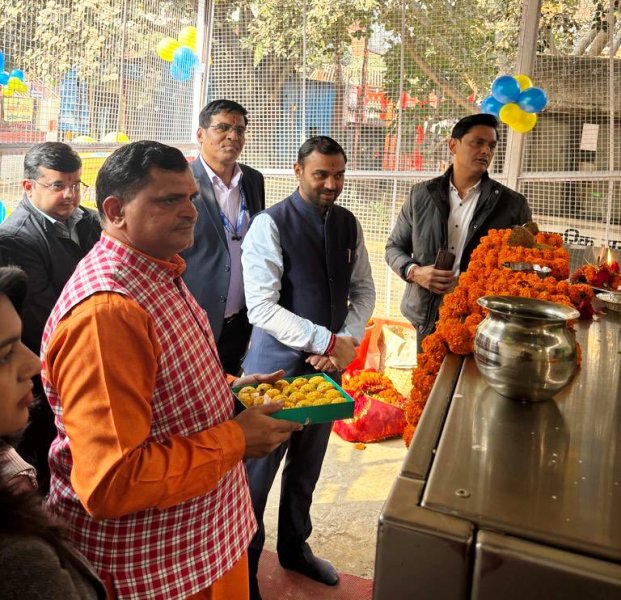Related Articles
Mobile Game Challenge? 35 Students Slash Their Hands Together in Chhattisgarh School
In a troubling occurrence in Dahdaha village, located in the Dhamtari district of Chhattisgarh, 35 students have allegedly inflicted cuts on their wrists using...
Understanding the Distinction Between AI and AI Agents
Artificial Intelligence, commonly known as AI, has integrated itself into daily life in numerous ways, from chatbots that respond to inquiries to applications that...
The Death of Sahil Dhaneshra Raises Alarms About Road Safety Amid the Rise of Dangerous Driving Content on Social Media
The recent death of 23-year-old Sahil Dhaneshra in a traffic accident in Dwarka, Delhi, has intensified concerns regarding road safety in the area. Sahil's...


